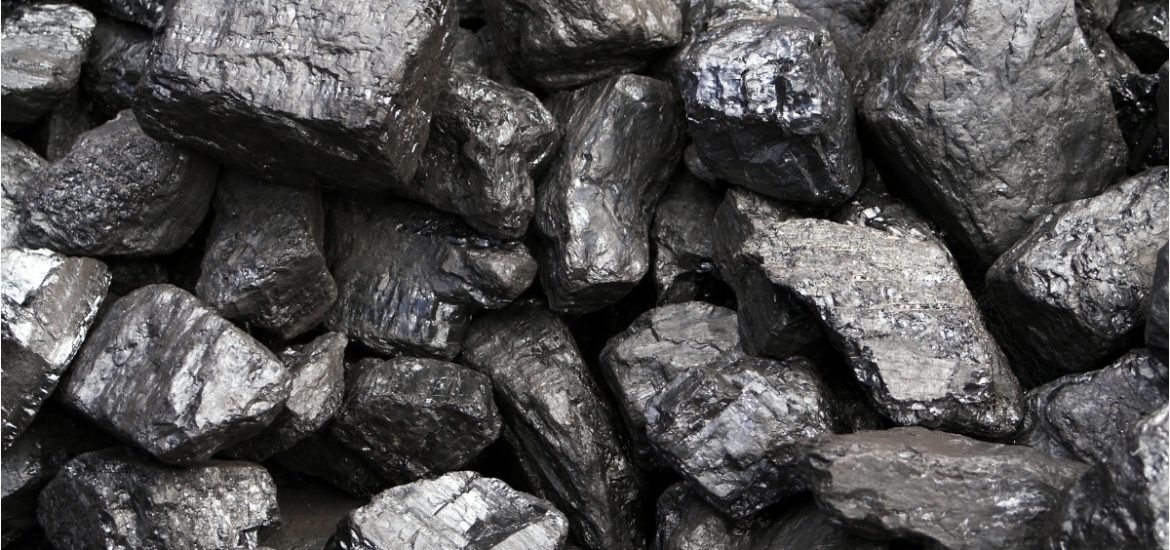
A new paper published on 12 October in the journal Nature Advances presents a novel synthetic catalyst ― epsilon iron carbide ― a catalyst that can be successfully used in the coal-to-liquids (CTL) conversion process. The iron-based catalyst, developed by a team of researchers from the National Institute of Clean-and-Low-Carbon Energy in Beijing and Eindhoven University of Technology, significantly reduces operating costs and provides a new way of capturing the large amounts of CO2 generated by the process. In addition to minimising emissions, it can reduce costs and enhance the productivity of the overall process.
The use of CTL processes to generate synthetic liquid fuels from coal as an alternative to oil and gas has been a topic of interest for many years. However, the large CO2 emissions associated with the process have been a major cause of debate, as they would increase atmospheric greenhouse gases. Now, the process may be a more viable option. The team led by Beijing’s Peng Wang has found a way to capture this CO2 and substantially reduce operating costs.
The complex CTL process converts coal to liquid fuels and other valuable chemicals via the Fe-catalyzed Fischer-Tropsch (FT) reaction. The type of catalysts typically used in the process results in a 30% conversion of carbon monoxide (CO) to CO2 in the FT reactor. The authors claim they have developed a catalyst that produces virtually no CO2 at all within the FT reactor and the CO2 that is produced can be easily removed during the water-gas shift stage, thereby reducing the energy needed. Using this approach, operating costs can be reduced by roughly €25 million per year for a typical CTL plant.
The new process essentially shifts the CO2 production from the Fischer-Tropsch reactor to the water-gas shift stage, where it can be more easily removed and is much easier to capture ― important for developing cleaner CTL technologies. While alternative cobalt-based catalysts do not have CO2 emissions problems, the materials are more expensive and less available, as they are frequently used in batteries. The researchers discovered that the CO2 release is triggered by impurities within the iron-based catalysts in the reactor, therefore pure types of iron carbide, like epsilon iron carbide, generate almost no CO2 at all and may play an important role in energy and chemical industries in the future.
It is unlikely that coal-rich countries such as China, Australia, and the US will be willing to turn their backs on fossil fuels in the coming decades. Moreover, conversion of coal to liquid fuels is particularly relevant in coal-rich countries that have to import oil. The efficient use of coal will be important to the economies of these countries.
The researchers recognise that this new technology is not an ideal solution and does not help to mitigate the global reliance on fossil fuels. Eindhoven’s Prof Emiel Hensen states, “We are aware that our new technology facilitates the use of coal-derived fossil fuels,” but adds, “however, it is very likely that coal-rich countries will keep on exploiting their coal reserves in the decades ahead. We want to help them do this in the most sustainable way.”
(1) Wang, P. et al. Synthesis of stable and low-CO2 selective ε-iron carbide Fischer-Tropsch catalysts. Science Advances (2018). DOI: 10.1126/sciadv.aau2947
(2) Mantripragada, H. C. and Rubin, E.S. Techno-economic evaluation of coal-to-liquids (CTL) plants with carbon capture and sequestration. Energy Policy (2011). DOI: 10.1016/j.enpol.2011.02.053